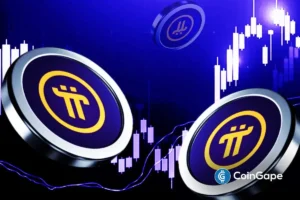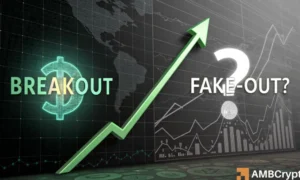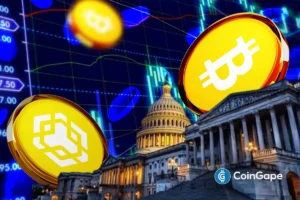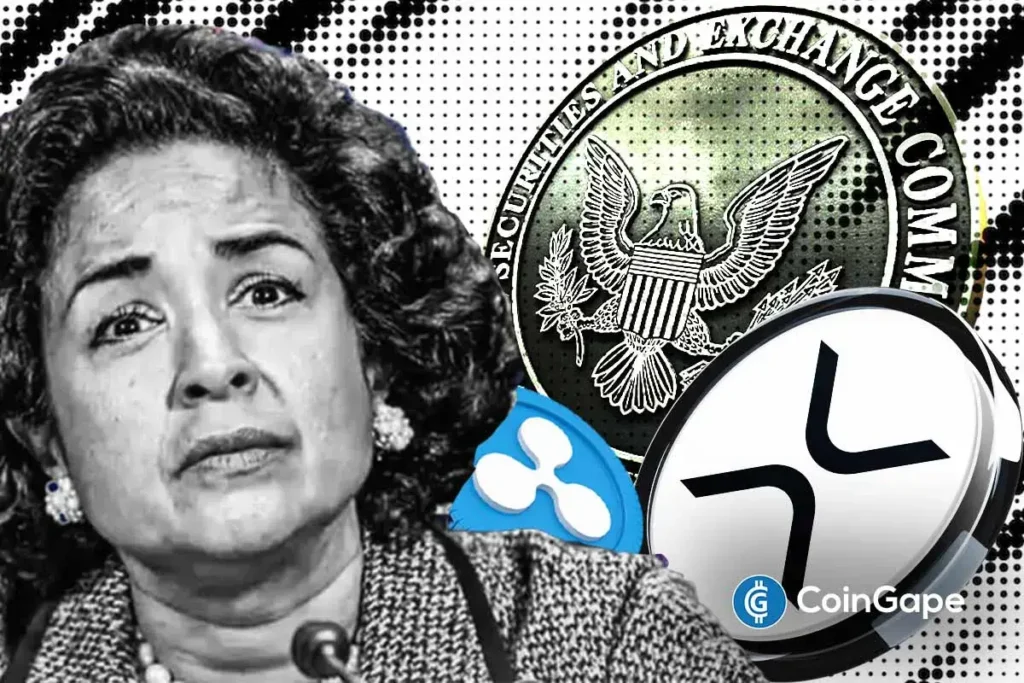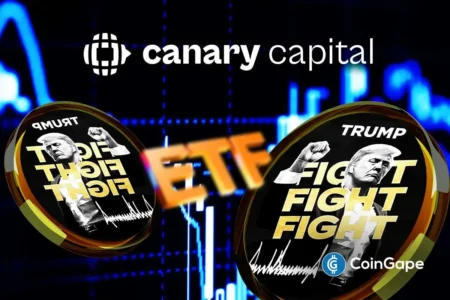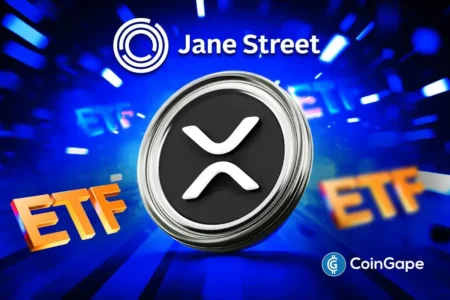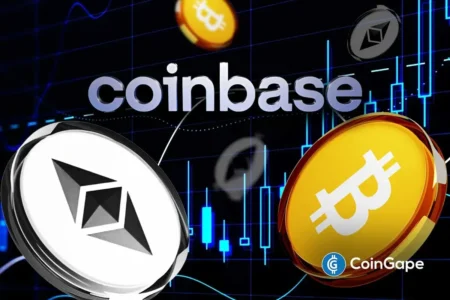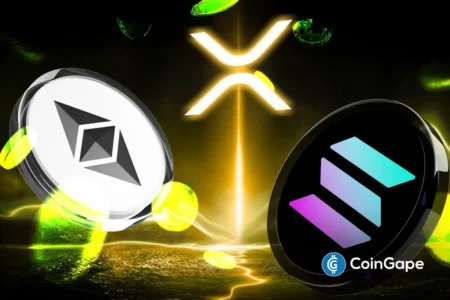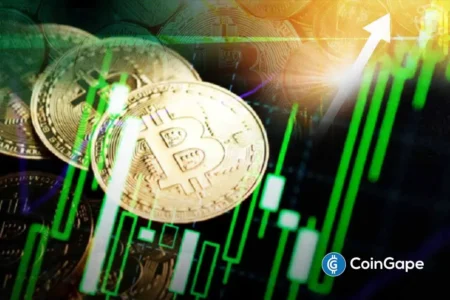Ripple vs. SEC: Judge Torres Denies Indicative Ruling in XRP Lawsuit
In a significant ruling for the cryptocurrency community, Judge Analisa Torres has officially denied the joint motion for an indicative ruling from Ripple and the SEC regarding the ongoing XRP lawsuit. This decision represents a setback for both parties after they had previously reached a settlement agreement in their prolonged legal battle. The implications of this ruling extend beyond Ripple, as it contributes to the evolving narrative surrounding cryptocurrency regulation in the United States.
Judge Torres’ Decision
The recent ruling comes in light of Judge Torres’ rejection of Ripple and the SEC’s request to dissolve a permanent injunction and lessen the financial penalties imposed on Ripple. This marked the second attempt by both parties to seek an indicative ruling in quick succession. The judge emphasized that neither party demonstrated the "exceptional circumstances" required under the law for such modifications. This indicates a stringent adherence to judicial precedents, aiming to uphold the finality of legal judgments.
In her ruling, Judge Torres cited a Supreme Court decision, affirming that a court’s judgment is a matter of public interest and cannot simply be viewed as private property of the involved litigants. This approach suggests a broader responsibility of the judiciary to maintain the integrity and certainty of legal outcomes, where modifications are reserved for truly unique circumstances.
Ripple and SEC’s Arguments
One of the crucial aspects highlighted in Judge Torres’ ruling was her skepticism regarding the SEC’s change of stance in the XRP case. Initially, the SEC argued that the injunction and financial penalties were essential to protect public interest. However, Torres noted that the recent claims seemed to contradict the strong position taken by the SEC earlier in the case, where they maintained that Ripple’s activities posed potential risks to investors.
The judge underscored that nothing substantial had changed since the original ruling, implying that the reasons for the injunction and penalties still held validity. Ripple’s assertion that it would comply with securities laws even if the injunction were lifted did not sway her opinion. The court deemed the injunction as a necessary mechanism to ensure lawful conduct within the cryptocurrency space.
Options for Ripple and SEC
Following the judge’s ruling, both Ripple and the SEC face critical decisions about how to proceed. Judge Torres provided clear options: they could either drop their appeals and end the matter or move forward with the appeals process. This option places the onus on both parties to make calculated decisions, weighing the benefits and drawbacks of continuing the legal battle.
Ripple’s Chief Legal Officer, Stuart Alderoty, announced the return of responsibility to their court, highlighting the importance of the next steps in this ongoing saga. He also reassured the XRP community that despite the ruling, XRP’s status as a non-security remains unchanged, emphasizing the need for clear communication in the crypto space.
Community Reaction and Implications
The XRP community has been closely monitoring developments, and this latest ruling has stirred conversation about the future of Ripple and its cryptocurrency. Legal experts, including Bill Morgan, affirm that the ruling does not impact XRP’s designation, which many within the industry view as a win in the face of regulatory scrutiny. The legal landscape surrounding cryptocurrencies continues to evolve, and this case remains pivotal in shaping future regulations and legal interpretations.
The broader implications of Judge Torres’ ruling could influence how other cryptocurrencies are treated under U.S. securities laws. As the courts clarify legal distinctions, the potential for new frameworks for crypto regulation grows, prompting a need for heightened awareness among investors and industry participants.
Conclusion: The Ongoing Legal Battle
The denial of the indicative ruling in the XRP lawsuit sheds light on the complexities of cryptocurrency regulation and the judicial system’s role in delineating boundaries. As Ripple and the SEC contemplate their next steps, the industry watches closely, aware that the outcomes of this case could have far-reaching consequences. The tension between innovation and regulatory compliance continues to shape the dialogue surrounding cryptocurrencies, setting the stage for future legal landmarks in the evolving digital asset landscape.
